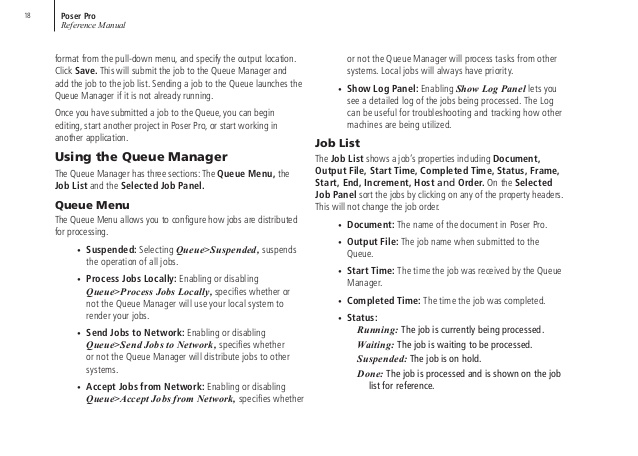

Here in France, specifically Paris, the works of playwrights like Samuel Beckett and Eugene Ionesco gained great acclaim and populartity. The aftermath of WWII provided the perfect setting for the absurdist school of thought to ground itself and prosper, especially in France where the people of the devastated country found connection to the existentialist philosophy and the hopeless outlook on their meaningless lives. In the essay Esslin coin's the name "Theater of the Absurd" relating the similar styled plays of playwrights: Samuel Beckett, Arthur Adamov, Eugene Ionesco, Jean Genet, and later Harold Pinter, to the concept of the absurd as described in writer/philosopher Albert Camus' 1942 essay The Myth of Sisyphus. It is extremely likely that the war's imprint on his life led him to the absurdist writing style he is now famous for.Īs noted in Martin Esslin's 1960 essay The Theater of the Absurd, the absurdist perspective, stems its roots from the post-war perspective. The abundance of this violence surely influenced his radical pacifism that marks his life. Pinter grew up in a world surrounded by violence both during the war, when he firsthand witnessed the blitz bombing of his country, and afterwards through the clashing political tensions of displaced refugees in London's East End. Undoubtedly the destruction of the war left its mark on Pinter's psyche. Every time we evacuated, I took my cricket bat with me.” (Harold Pinter in an interview with The New Yorker, 25 February 1976.) Our house never burned, but we had to evacuate several times. … There were times when I would open the back door and find our garden in flames. I was in the street and I saw it come over. “On the day I got back to London, in 1944, I saw the first flying bomb. … I came home after a year or so, then I went away again- this time with my mother- to a place closer to London.” (Harold Pinter in an interview with The New Yorker, 25 February 1976.) “ I went to a castle in Cornwall- owned by a Mrs.

In 1939, at the start of WWII, Pinter is evacuated to the country and separated from his family to be kept safe during the war. Harold Pinter World War II and the London Blitz There was a good deal of violence there in those days. they'd interpret your very being, especially if you had books under your arms, as evidence of being a communist. If you went by, or happened to be passing, a Fascist street meeting and looked in any way antagonistic. Also, I went to a Jewish club, by an old railway arch, and there were quite a lot of people often waiting with broken milk bottles in a particular alley we used to walk through. If you looked remotely like a Jew you might be in trouble. I got into quite a few fights down there. I did encounter it in quite an extreme form after the war, in the East End, when the Fascists were coming back to life in England. "Every one encounters violence in some way or other. Amongst Cockneys, Chinese, Blacks, and Irish, radical fascists clashed with left-wing Jewish militants. Here swelled a large Jewish population of refugees displaced earlier by events like the Russian pogroms of 1905, WWI, and later by Hitler's attempted extermination. Harold Pinter grew up in the East End of London, amidst a political battlefield. Only very superficial observers could overlook this social, this political side of this playwright."īy examining the historical context of Pinter's life and the world in which The Dumb Waiter exists we gain a deeper understanding of the play as a whole. In his Noble Prize Lecture he clearly displays this side of his life commenting on his search for the truth as a citizen in context of world affairs, specifically American political intrusion.Īs Martin Esslin comments on Pinter's work in his book The Peopled Wound, "behind the highly private world of his plays, there also lurk what after all, are the basic political problems: the use and abuse of power the fight for living space cruelty terror. This of course became more apparent in his later years when he emerged more publicly as a vehement activist, speaking out about such issues like: the War in Vietnam, Apartheid in South Africa, American militarism, and the Arab-Israeli Conflict. Although Pinter's work may at first appear apolitical and completely devoid of such influences, let alone a sensible dose of average circumstantial reality, when examined more closely we see that Pinter's work as a playwright and as a citizen isn't so detached from political content as we might first assume. Harold Pinter's work is highly influenced by the the contextual premises and circumstances of his life.


 0 kommentar(er)
0 kommentar(er)
